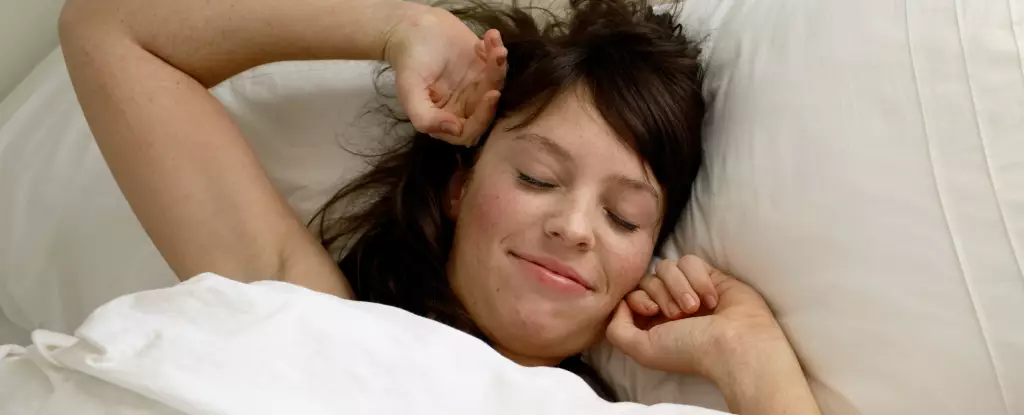Sleep has always been a mysterious and vital component of human life, often viewed merely as a means of restoring physical energy. However, recent studies illuminate its profound impact on cognitive functions, particularly in decision-making and problem-solving. A striking statement by John Steinbeck reflects this phenomenon: “A problem difficult at night is resolved in the morning after the committee of sleep has worked on it.” This notion gains credence from contemporary research emphasizing that sleep is not just a passive state; it actively participates in our cognitive processes.
One compelling study from 2024 conducted by Duke University reveals how sleep enhances rational decision-making. Participants engaged in an experimental garage-sale game, where they had to choose from boxes filled with items of varying values. Initially, participants made hasty judgments based on the first few items in each box. This impulse often led them away from making optimal choices. However, after a good night’s sleep, participants displayed significantly improved decision-making skills, unaffected by initial impressions. This transformation highlights the restorative power of sleep, allowing the brain to reassess information comprehensively before making decisions, thus avoiding biases that can cloud judgment.
Equally fascinating is research from 2019 that delves into how cues during sleep can unlock solutions to unsolved problems. Participants in this study were tasked with various puzzles while unique sounds played in the background. Researchers later played these sounds while participants slept, and upon waking, success rates in solving previously unsolved puzzles increased. This suggests that specific auditory cues can facilitate cognitive processing during sleep, engaging the brain to grapple with unresolved challenges.
The well-established theory that sleep aids cognitive function is further supported by insights into how relationships between different concepts are processed during rest. A 2023 study illustrated this by pairing items related to a scenario. Participants, after a night’s slumber, could discern indirect associations much better than while awake, enhancing their understanding of underlying patterns. Such findings imply that sleep provides a backdrop for enhancing complex relational thinking, a vital skill in various intellectual pursuits.
While sleep at night is indispensable, recent discourse also emphasizes the benefits of shorter naps during the day in fostering creativity. The legendary inventor Thomas Edison famously utilized daytime naps to stimulate his creative thoughts, claiming that his sleep sessions often spurred innovative ideas. His technique involved gripping a ball that would drop and wake him upon release. This transition from wakefulness to sleep, known as the hypnagogic state, is marked by dream-like imagery, which has now been substantiated by scientific investigations.
In a relevant 2021 study, participants tasked with a math problem unknowingly held cups that would drop if they fell asleep. Those who slipped into light sleep were more adept at discovering hidden patterns and solutions compared to their fully conscious counterparts. Here, the twilight phase between wakefulness and sleep emerged as a critical period for enhanced problem-solving capabilities, aligning with Edison’s assertions about the creative potential of this liminal state.
Further unraveling the connection between sleep and creativity, a study in 2023 investigated how the nature of hypnagogic imagery can impact problem-solving. Participants were engaged in creative tasks involving trees before sleeping, and researchers found that imagery related to the stimuli significantly improved creative outcomes. This suggests that not only does sleep facilitate problem-solving, but the quality and content of thoughts preceding sleep also play a crucial role in enhancing creativity.
The convergence of energy restoration and cognitive optimization through sleep challenges traditional perceptions of rest. Rather than viewing it as a mere pause in activity, these findings urge us to reconsider sleep as an active, integral component of creative and cognitive processes.
The interplay between sleep and cognitive function is becoming increasingly evident through scientific inquiry. The ability of sleep to enhance decision-making, facilitate problem-solving through auditory cues, and boost creativity through the hypnagogic state reveals a complex and vital relationship.
Whether navigating daily challenges or pursuing creative endeavors, embracing the necessity of restorative sleep can be a powerful tool. It reminds us that the solutions to our most pressing problems and the sparks of creativity can often be found when we lay our heads down, allowing the “committee of sleep” to work its magic overnight.

